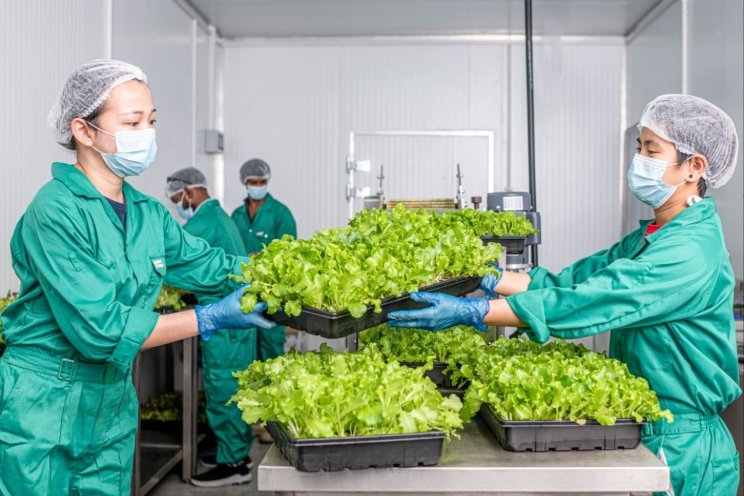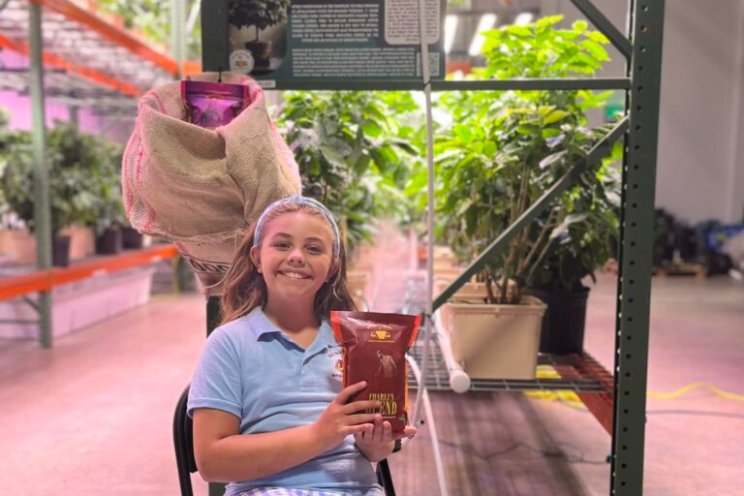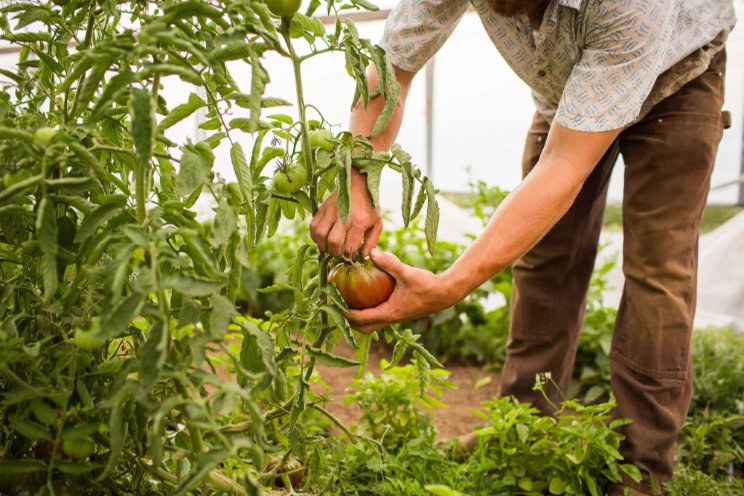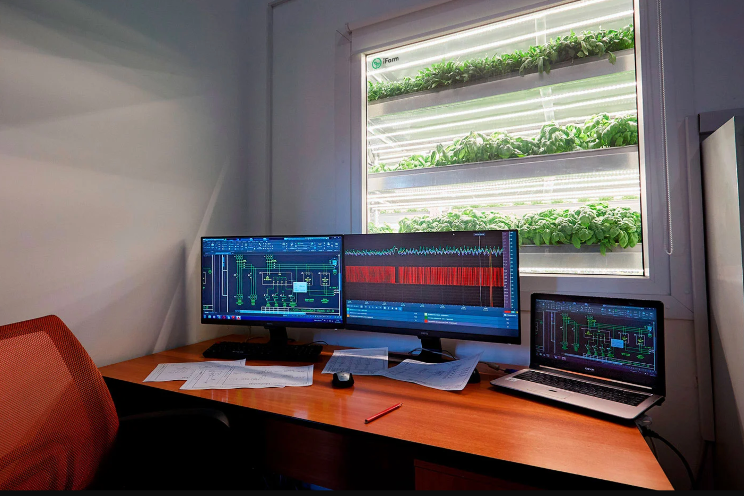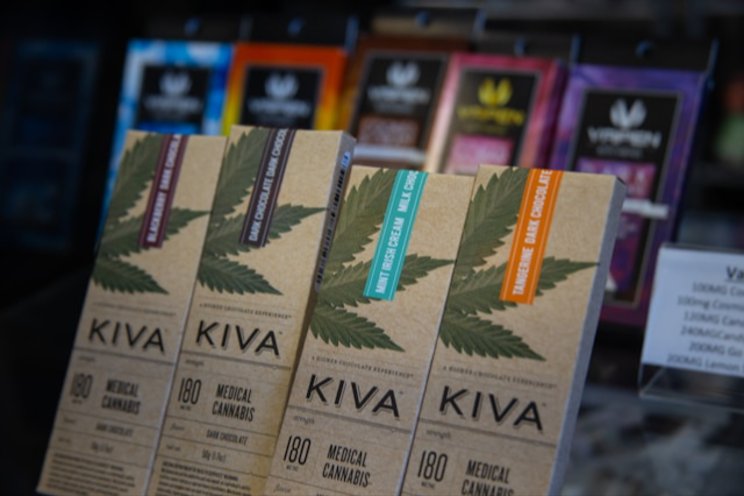Growing food without soil
Added on 29 November 2021
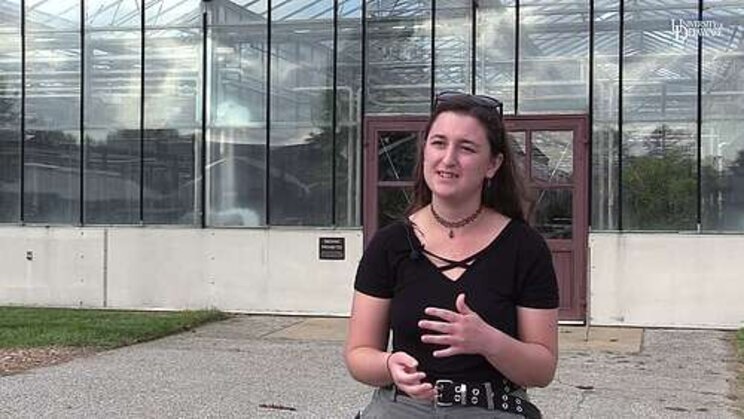
Interested in the ever-increasing food demands of suburban and urban populations, Erik Ervin saw an opportunity for the University of Delaware. The Plant and Soil Sciences (PLSC) department chair knew UD could attract and teach students how to address food system challenges from all angles — scientific, business and social. So PLSC faculty created sustainable food systems, a new major where entrepreneurial Blue Hens learn to grow healthy, nutritious food with a minimized carbon and water footprint.
Whether the challenge is growing local food all year round or feeding people in need, a crucial piece of sustainable urban food production is hydroponic production systems, which allow plants to grow in nutrient-rich water without soil. With diminishing arable land in urban areas, growers can strategically place hydroponic systems in underused buildings, rooftops and brown fields.
Soon after the program launched, PLSC hired Qingwu (William) Meng, whose expertise in controlled-environment horticulture could serve as a foundation for the incoming generation of indoor farmers.
"Students learn about alternative ways of growing food sustainably, especially in urban areas, to feed our increasing population," said Meng. "Our program trains students to become professional growers, technicians or researchers in the hydroponic industry."
Meng's Delaware Indoor Ag Lab (DIAL) works on soilless production of specialty food crops, including leafy greens, culinary herbs, microgreens and fruiting crops. His research focuses on plant physiological responses in controlled environments like indoor vertical farms and greenhouses.
"This allows us to improve growth and quality traits of indoor crops efficiently by optimizing variables like light, temperature and nutrients," explained Meng.
The luxury of growing plants indoors can boost crop yield, taste and nutritional value while shortening production cycles. The appeal is evident for many groups, including non-profits feeding people with food insecurities, local food devotees and even astronauts.
A student in UD's plant and soil sciences graduate program, Emily Kennebeck is working on NASA-funded space crop production research with Meng. The researchers are investigating how hydroponic leafy greens grow under different light wavelengths and superelevated carbon dioxide levels found in space conditions. As a former NASA intern, Kennebeck is passionate about how we can grow food crops efficiently to supplement astronauts' dietary nutrition in long-duration space missions. Her research uses state-of-the-art plant growth chambers in DIAL.
"My time spent interning at the plant processing area at NASA's Kennedy Space Center solidified my interest in furthering space crop production and its relevance for use on Earth," said Kennebeck. "I was excited to learn I could continue doing plant research with space applications under Dr. Meng at the University of Delaware."
Click here to read more.
Source: University of Delaware
More news

